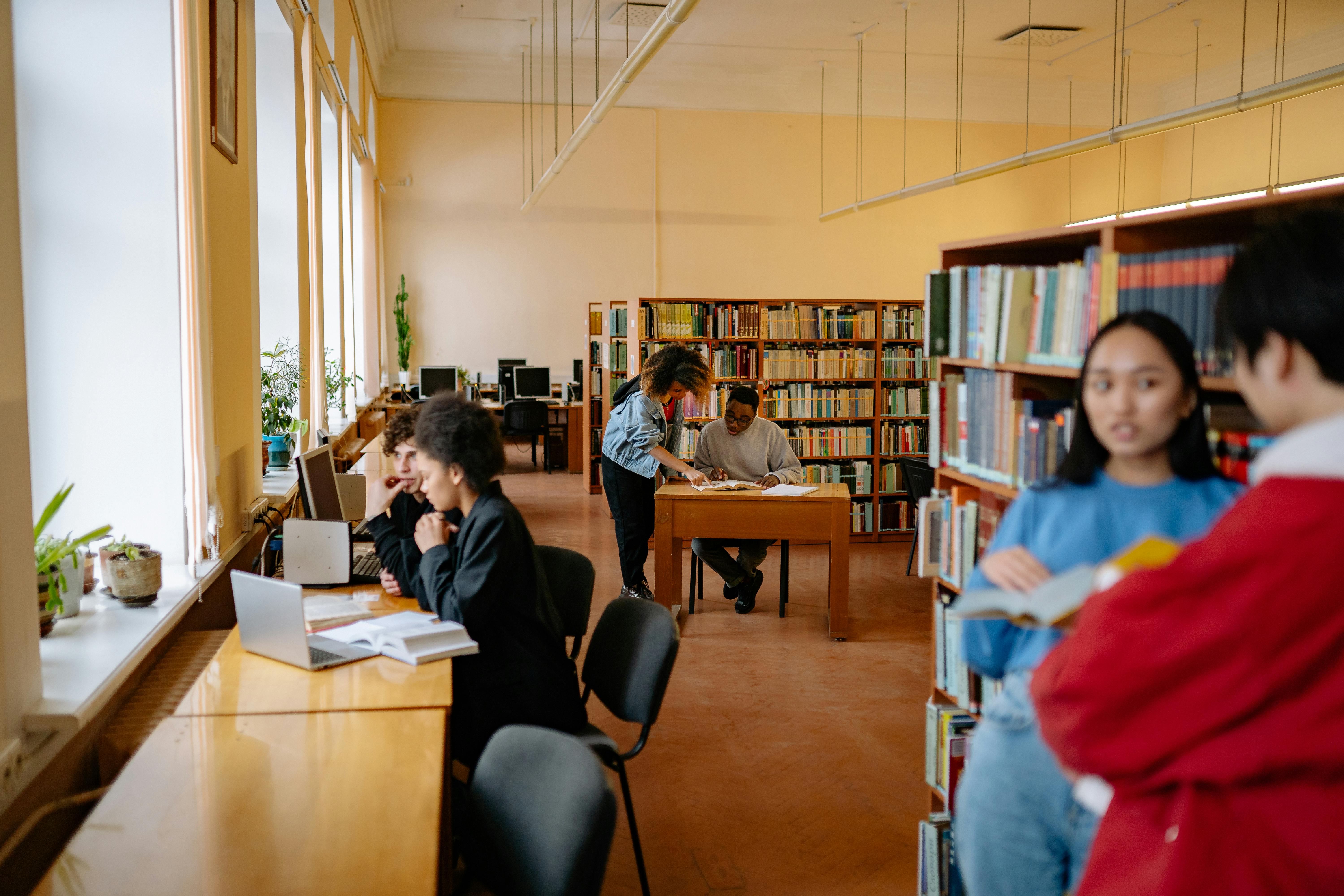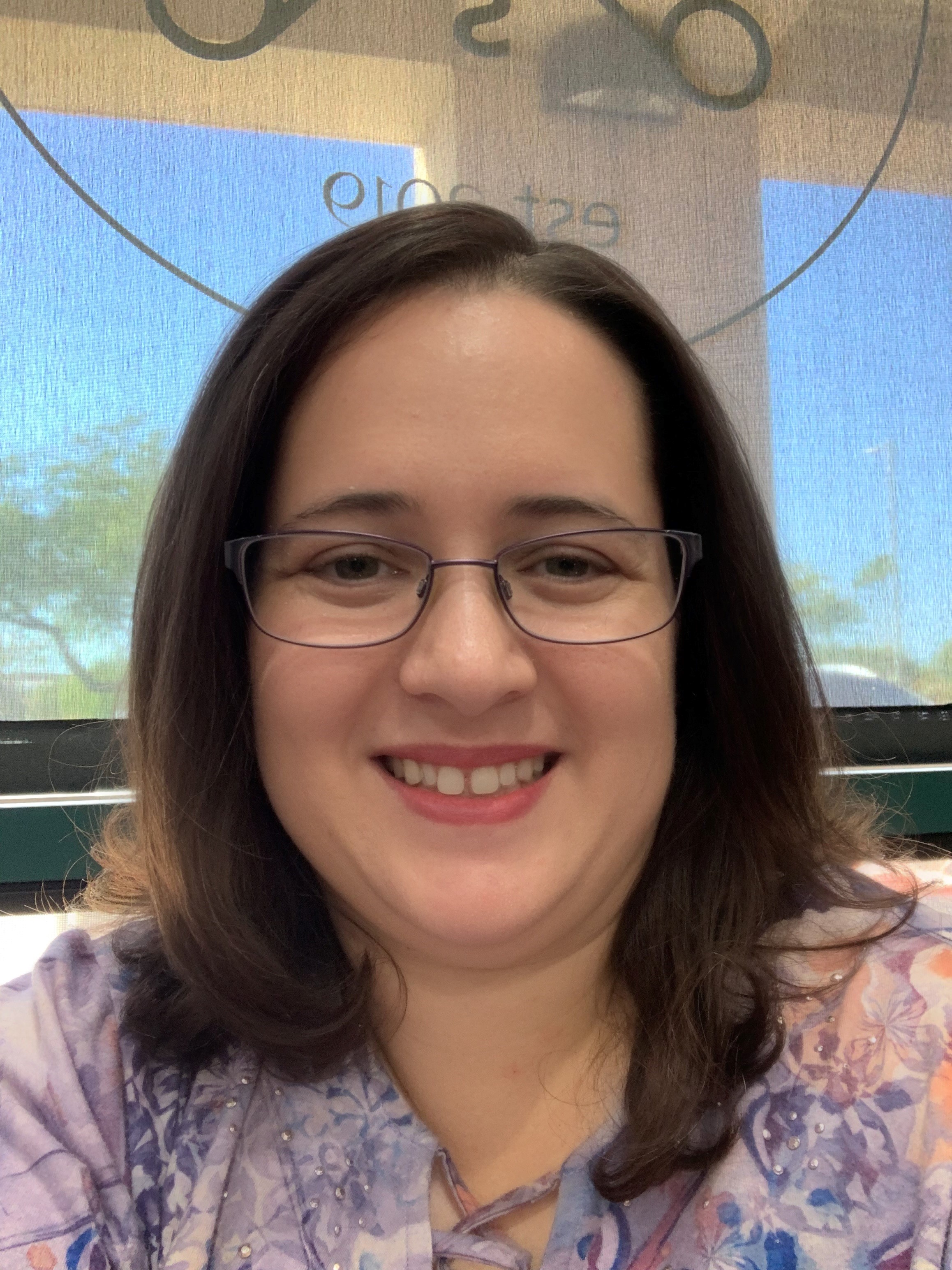Guerrilla Scholarship: Breaking Academic Boundaries with Dr. Sheldon Greaves

In a captivating episode of the Designing with Love podcast, host Jackie Pelegrin welcomed Dr. Sheldon Greaves, an author and educator with a fascinating background. What unfolded was an illuminating conversation about unconventional approaches to learning and scholarship outside traditional academic settings, along with the current state of education in America.
Dr. Greaves shared his unique journey that led him to develop the concept of "guerrilla scholarship." Growing up with parents who valued education and exploration, Sheldon developed a lifelong passion for learning. This passion carried him through his doctoral studies at UC Berkeley in Near Eastern Studies and eventually to co-founding Henley Putnam University, where he trained professionals in intelligence, counterterrorism, and executive protection: essentially "training spies," as he put it.
What stands out most about Dr. Greaves' approach is his belief that meaningful intellectual work can happen outside traditional academic structures. He coined the term "guerrilla scholarship" to describe doing intellectual work through creative and unconventional approaches to finding and working with information. This approach ignores disciplinary boundaries and explores areas often overlooked by academia, not because academia is flawed, but because research is typically constrained by funding limitations.
The conversation took a fascinating turn when Dr. Greaves shared the remarkable story of Rebecca Freed, a 14-year-old who challenged an established academic's research. When Rebecca's father brought home an article claiming that "No Irish Need Apply" signs were a myth in Irish immigration history, the curious teenager conducted her own research using Google Images. She discovered numerous historical photographs contradicting the professor's thesis. With guidance from a retired professor specializing in immigration issues, Rebecca published her findings in the same academic journal that published the original paper, making a significant contribution to immigration studies at just 14 years old.
This example perfectly illustrates Dr. Greaves' belief that age, formal credentials, and institutional affiliation need not be barriers to meaningful scholarly work. It demonstrates how curiosity, combined with the right guidance and community support, can lead to substantial contributions to knowledge.
The conversation also addressed the current state of education, with Dr. Greaves expressing deep concern based on his recent experience working in K-12 education. He observed that teachers are performing miracles with limited resources, often in overcrowded classrooms. He passionately argued that the way teachers are regarded in America is "a national disgrace" and advocated for substantially increased compensation to demonstrate a genuine commitment to education.
Dr. Greaves also expressed skepticism about how technology is being implemented in classrooms, particularly with very young students. He described the challenges of getting kindergartners logged into network systems, noting that such technical hurdles often take valuable time away from actual learning. While acknowledging that technology has its place in education, he emphasized the need for more deliberate and carefully considered implementation.
For those interested in pursuing intellectual work outside traditional academic settings, Dr. Greaves recommended reading widely about education's history to understand how we arrived at current approaches. He emphasized the importance of talking directly with educators on the front lines to learn what works, what doesn't, and how to shape educational materials that truly serve classroom needs.
The conversation concluded with a mutual appreciation for collaborative approaches to curriculum development. Both the host and guest emphasized that curriculum is a "living thing" requiring ongoing refinement, evaluation, and adjustment. They highlighted the importance of bringing together diverse expertise to create the best possible learning experiences for students.
This episode offers valuable insights for educators, instructional designers, and anyone interested in pursuing intellectual work outside traditional academic settings. Dr. Greaves' concept of guerrilla scholarship provides an empowering framework for independent learning and community-based intellectual exploration, reminding us that the pursuit of knowledge need not be confined to institutional walls.
🔗 Website and Social Links:
Please visit Dr. Sheldon Greaves’ social media links below.
Photo by Yan Krukau: https://www.pexels.com/photo/students-studying-inside-the-library-8199659/



